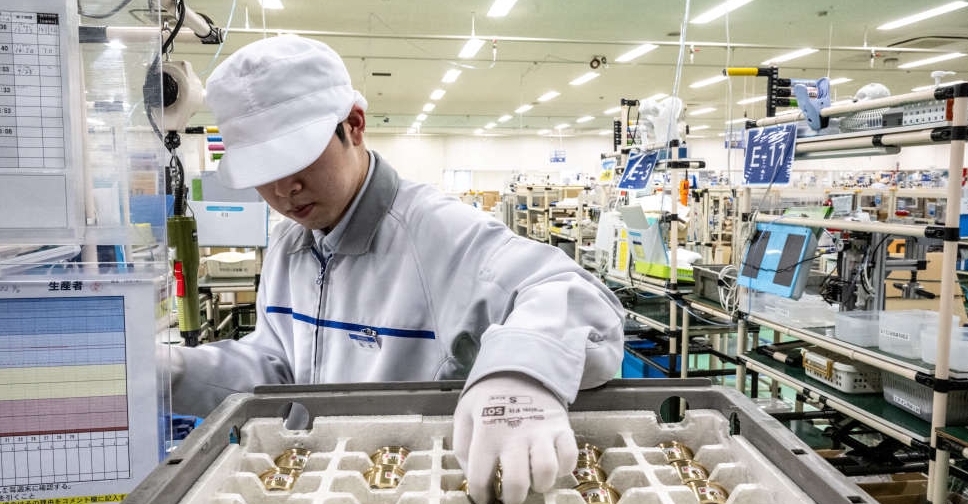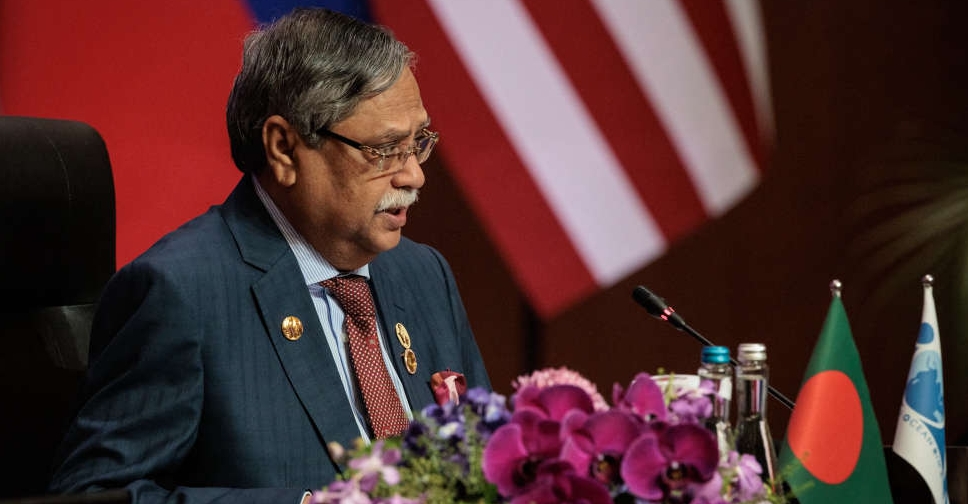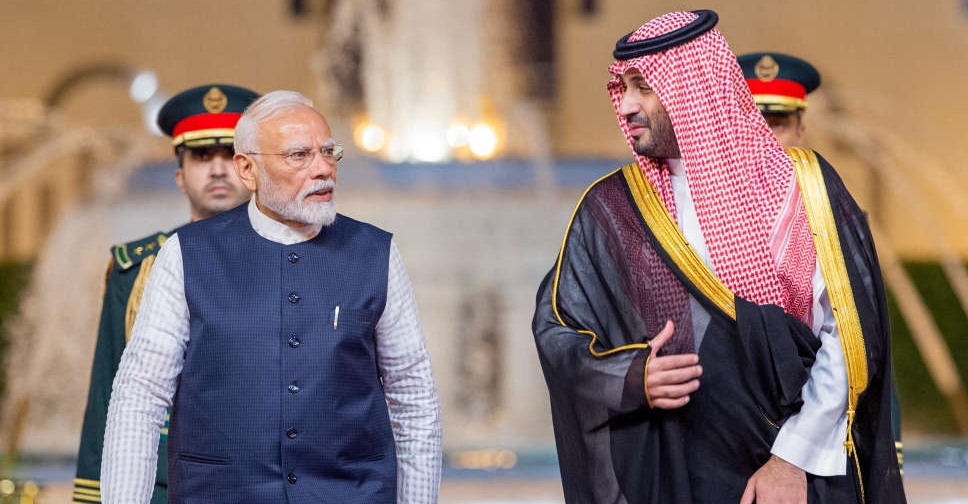
China’s political leaders identified aerospace as one of 10 key industries in the country’s quest to become an advanced industrialised nation. Ahead of this weekend’s annual legislative session, Western planemakers - their future competitors - are helping them toward that goal. Airbus Group SE will break ground Wednesday on a finishing center for its wide-body A330 jets in Tianjin, near Beijing, a decade after it opened an assembly facility there for single-aisle planes. Chicago-based Boeing Co. also is seeking a location in China for a plane-completion facility. Opening plants in China, poised to become the world’s largest aerospace and air-travel market in two decades, is as much a political as an economic decision. One factor is proximity to customers: Chinese airlines order billions of dollars of planes from Airbus and Boeing every year, and doing some assembly locally eases the strain on the planemakers’ existing facilities. Equally important is the goodwill such investments earn. "It’s absolutely undeniable there’s been a communication of Chinese expectations for companies to build in China, to provide jobs in China, that they will be treated less equitably otherwise," said Scott Harold, the Washington-based associate director of Rand Corp.’s Center for Asia Pacific Policy. "If you build in China, you’re a ‘friend’ of China." Aerospace was one of 10 sectors highlighted in the "Made in China 2025" blueprint released at last year’s meeting of the National People’s Congress. China also has encouraged foreign planemakers to expand their local footprints: Airbus and Boeing are in joint ventures with units of state-owned Aviation Industry Corp. of China, or AVIC, to supply aircraft parts. Airbus said its collaboration and joint ventures with Chinese partners were worth nearly $500 million last year, and Chief Executive Officer Fabrice Bregier frequently emphasises the importance the company places on the Chinese market. A Toulouse-based spokeswoman for Airbus said no one was available to comment ahead of Wednesday’s groundbreaking. Boeing says it contributes as much as $1 billion annually through its activities in China, including supply procurement, joint-venture revenues, operations, training and research and development investment. "Boeing and China have a long-term partnership, and we will continue to broaden and deepen this relationship," Wang Yukui, a Beijing-based spokesman for Boeing, said by telephone Monday. Commercial Viability Its aerospace industry may still be small, but China’s ambitions for it are grand. Led by state-owned Commercial Aircraft Corp. of China, or Comac, the country is working on developing its own planes to challenge Airbus and Boeing’s control of the large-aircraft market. The government also is keen for China to build its own jet engines. "It would be possible in 20 years for Comac to emerge as a credible challenger to Airbus and Boeing if it keeps developing new products and keeps up with technology," said Olga Razzhivina, the London-based founder of Oriel, an aircraft appraisal consultancy. Chinese planes are still some way from commercial viability. Comac delivered the initial ARJ-21 regional jet to launch customer Chengdu Airlines Co. late last year but no date has been set for its first commercial flight. That puts the plane about 10 years behind its original schedule. The first test flight for Comac’s narrow-body C919, a project begun in 2008, also has been delayed and now is expected sometime this year. The U.S. Federal Aviation Administration is working together with its Chinese counterpart toward certifying future models of the ARJ-21 and possibly the C919, which would allow the planes to be flown in the U.S. and Europe. Helping China In the meantime, foreign companies are helping China build an aerospace logistical supply chain. Airbus said last year it will support AVIC’s development and production of cabin equipment, including airliner seats. Honeywell International Inc., which supplies flight-control systems, wheels, brakes, auxiliary power units and navigation systems to the C919, also is working with Comac to certify its planes. Boeing’s 737 finishing center will be operated jointly with Comac. The new plant will help speed jet deliveries from Boeing’s Renton, Washington factory as the company raises production to meet “strong demand” for the plane, according to Boeing. Plane Orders In return, China has rewarded Airbus and Boeing with aircraft orders - including, on Monday, a deal with Air China Ltd. for 12 A330-300s worth $2.9 billion. Last year, Chinese airlines and leasing companies announced orders for some 780 planes valued at about $102 billion. Air China, Spring Airlines Co. and other Chinese carriers will require about 6,330 new planes worth $950 billion in the next two decades, about 17 percent of the global total, according to Boeing. Airbus’s A330 completion center in Tianjin, its first for a large plane, was announced last year along with a string of orders for the current model of the A330. Those orders will help Airbus avoid deep production cuts as it transitions to a revamped version with new engines. "The Chinese are clearly not just in this aerospace business purely for commercial reasons," Rand’s Harold said. "They appear to be prepared to invest tens of billions of dollars and several decades to make it work, because they have identified the ability to design and manufacture a jet as a national political goal and an indicator of the nation’s technological prowess." (Bloomberg)




 Japan compiles emergency economic package to ease tariff pain
Japan compiles emergency economic package to ease tariff pain
 Bangladesh, World Bank sign $850 million deal to boost jobs, trade
Bangladesh, World Bank sign $850 million deal to boost jobs, trade
 Saudi Arabia, India agree to boost cooperation in energy and defence
Saudi Arabia, India agree to boost cooperation in energy and defence
 Musk, facing criticism and falling Tesla sales, to cut back DOGE work
Musk, facing criticism and falling Tesla sales, to cut back DOGE work


